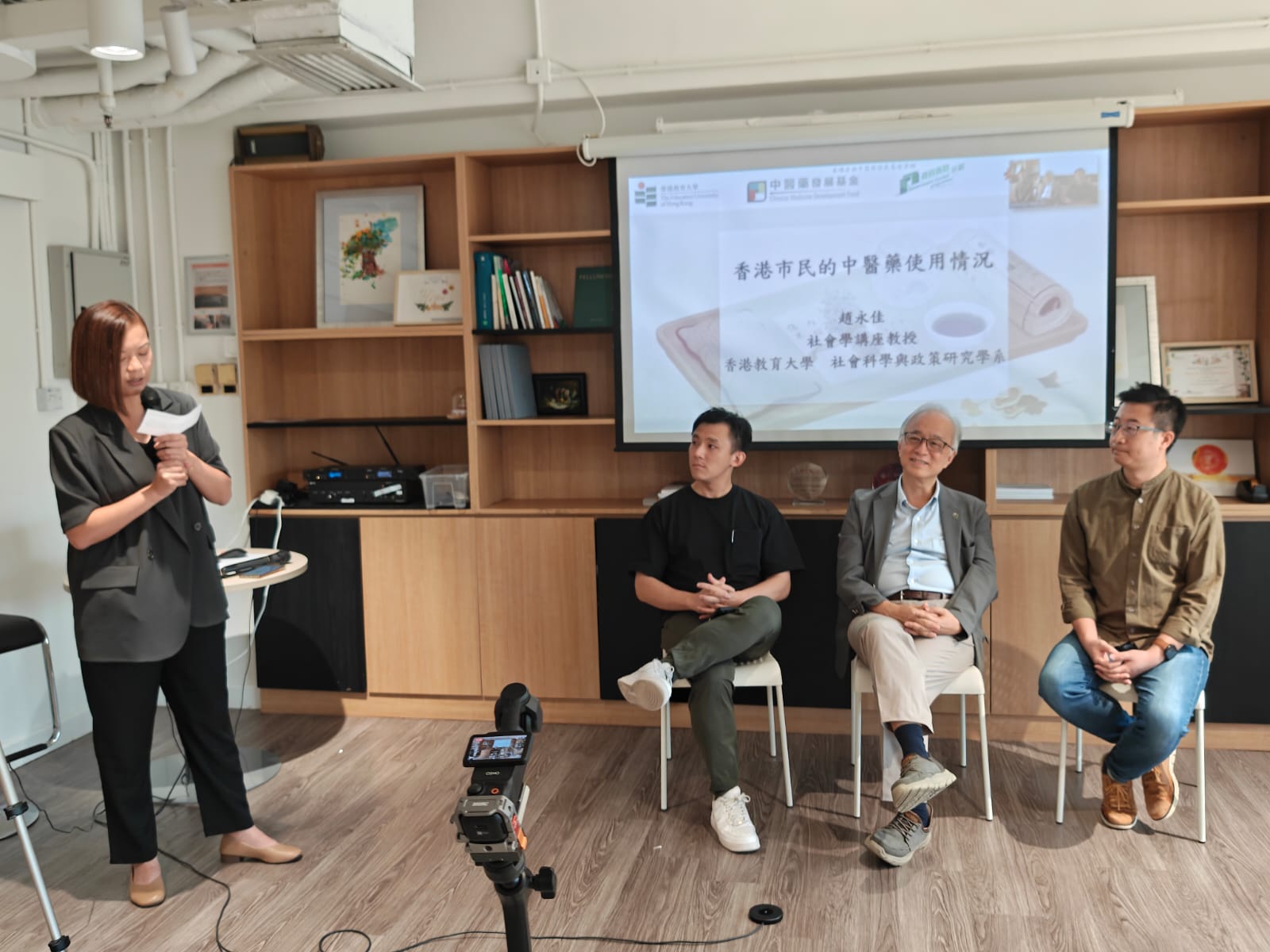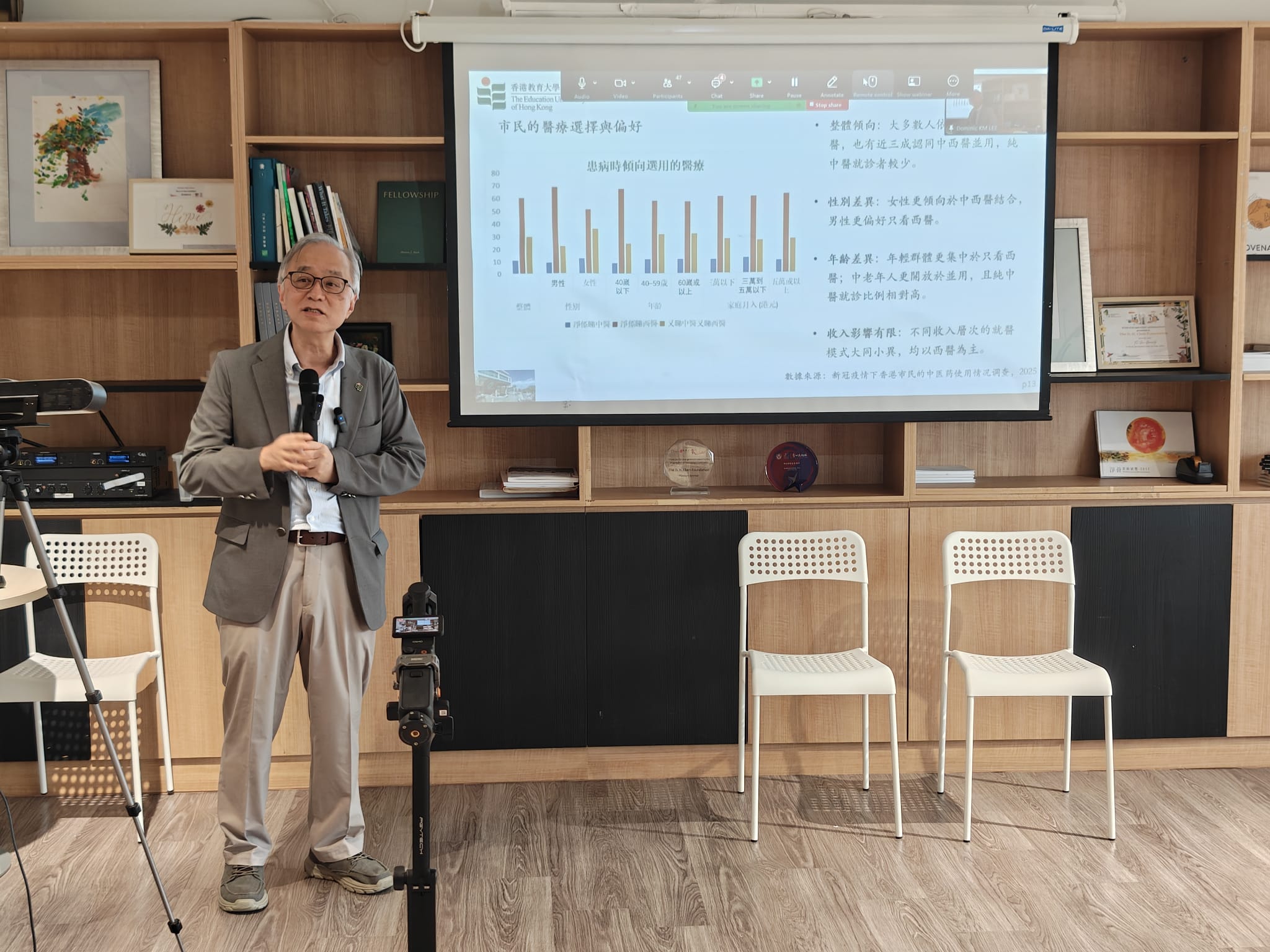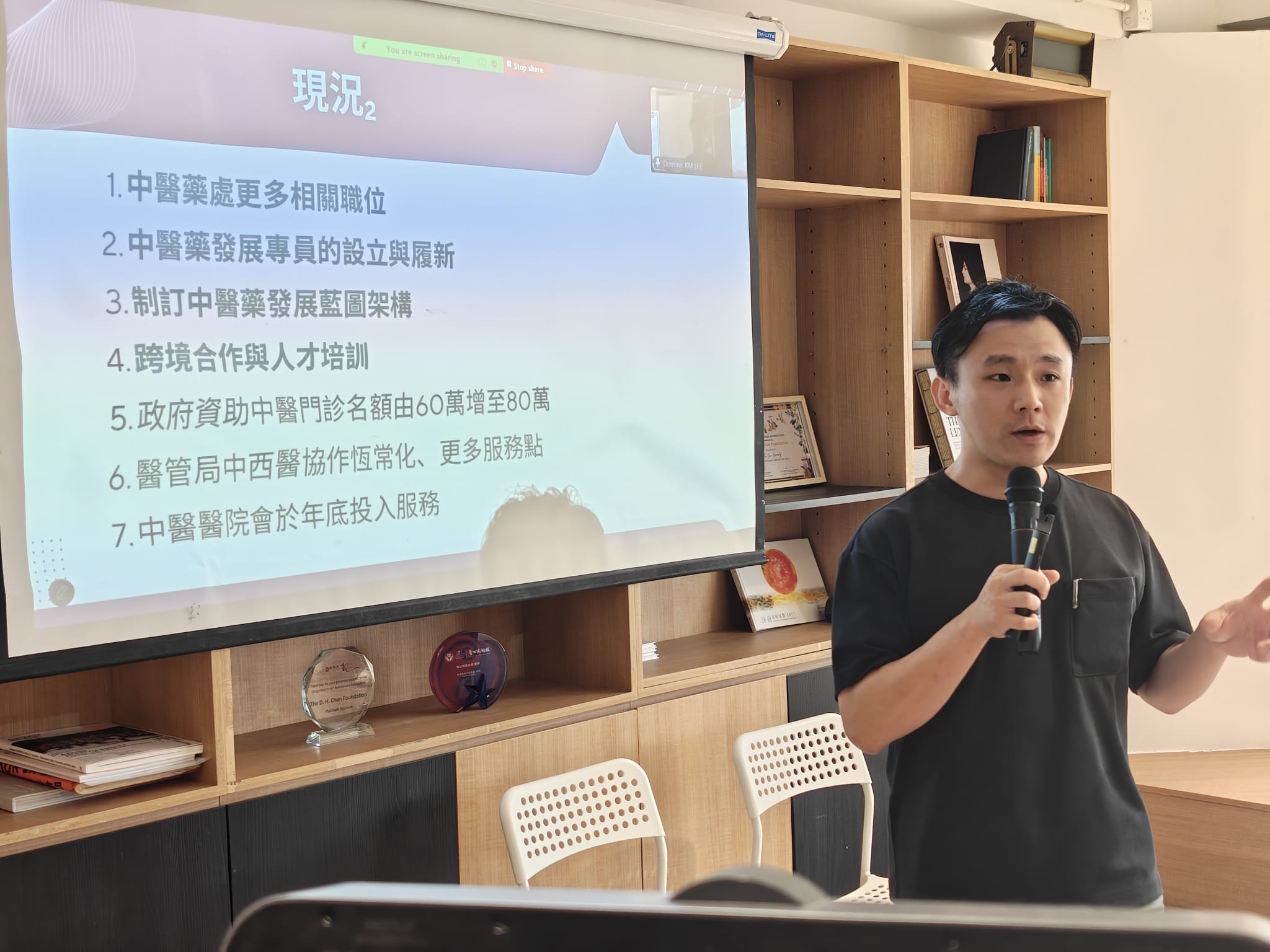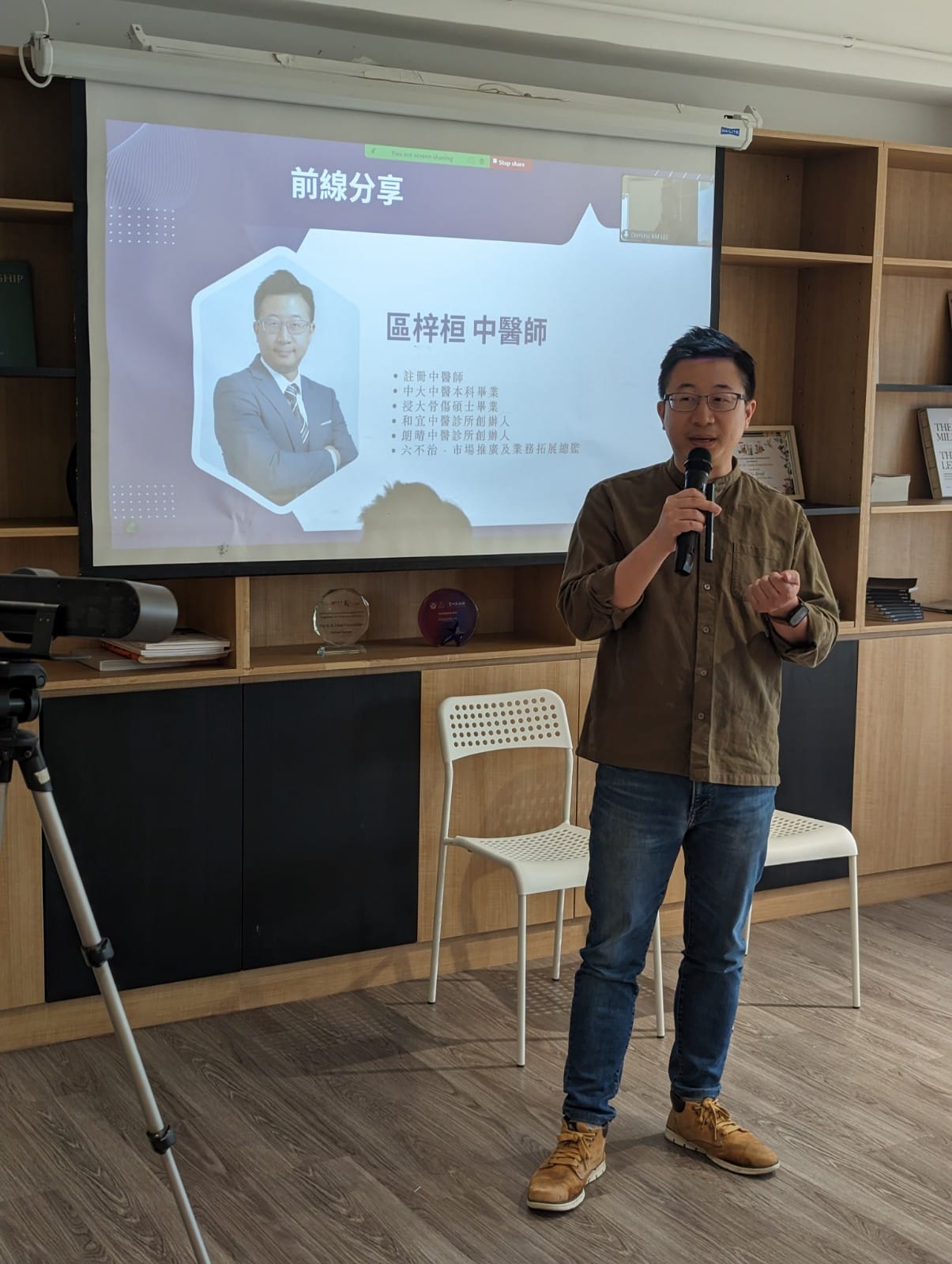Utilization of Chinese Medicine among Hong Kong Citizens during the COVID-19 pandemic
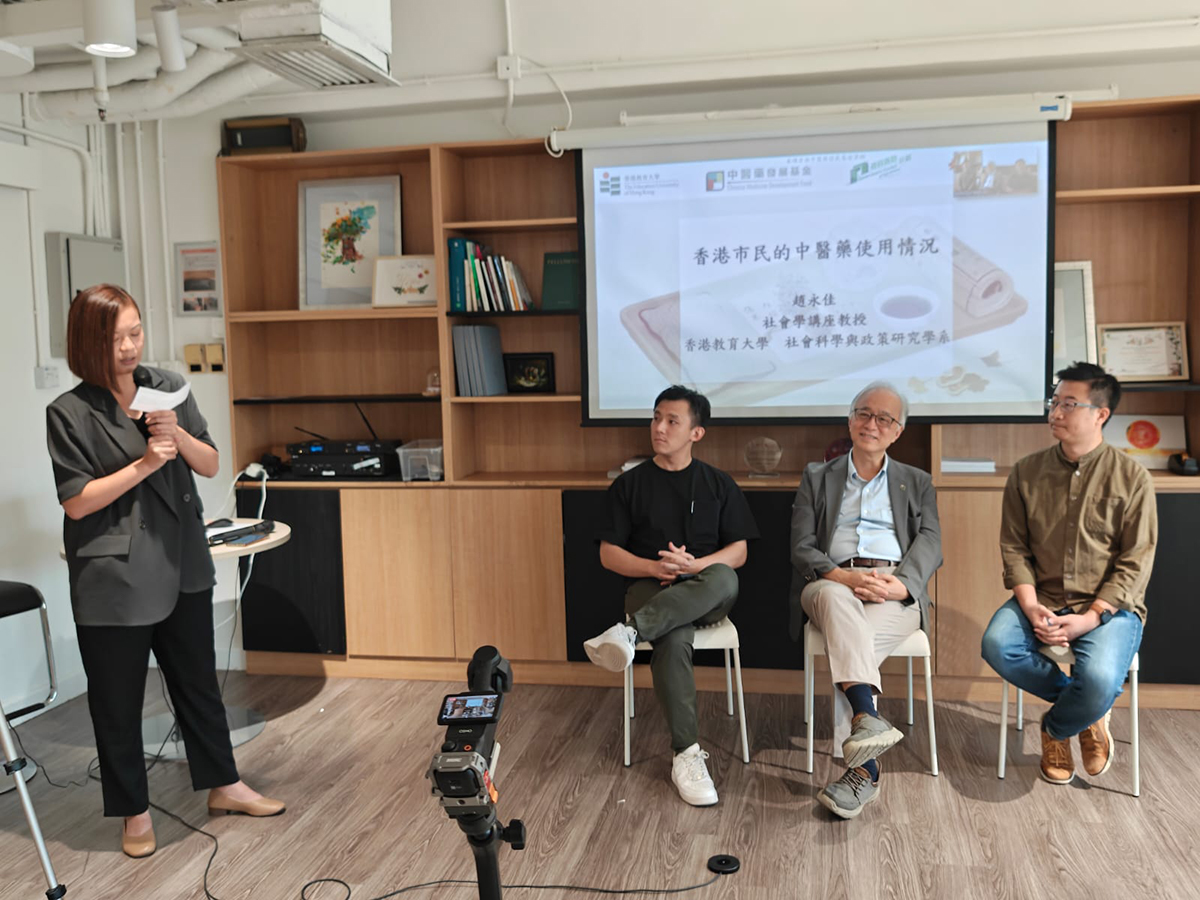
Utilization of Chinese Medicine among Hong Kong Citizens
during the COVID-19 pandemic
The role of Chinese medicine in pandemic response stands out;
public usage has significantly increased
The efficacy of Chinese medicine is widely recognized;
a new landscape of diversified healthcare is emerging
The COVID-19 pandemic lasted for over three years, during which Hong Kong experienced five waves of outbreaks, placing immense pressure on the public healthcare system and medical resources. During this period, the Chinese medicine sector actively participated in anti-pandemic efforts, including the formation of the "Hong Kong Chinese Medicine Anti-Epidemic Alliance," the arrival of the Mainland Chinese Medicine Expert Group of Central Authorities in April 2022 to provide support in Hong Kong’s anti-epidemic efforts, and government-funded remote consultations and rehabilitation services provided by Chinese Medicine Clinics. These efforts reflect the role Chinese medicine played during the pandemic. However, systematic research is still lacking on how Chinese medicine contributed and whether related policies have influenced public perception and usage of Chinese medicine in Hong Kong.
Led by Professor CHIU Wing-kai Stephen of the Department of Social Sciences and Policy Studies at The Education University of Hong Kong, the research team conducted a large-scale survey funded by the Chinese Medicine Development Fund between March and April 2025, interviewing 1,505 residents aged 18 or above. The study aimed to understand changes in public attitudes and usage of Chinese medicine during and after the pandemic. Findings showed a significant increase in the use of Chinese medicine, especially among women and older adults, who were more inclined to combine Chinese and Western medicine. Most respondents recognized the preventive benefits of Chinese medicine and generally regarded it as safe and scientific. Over half had used anti-pandemic Chinese patent medicines and gave positive feedback, although usage of government-funded Chinese medicine services remained relatively low.
In Post-pandemic, the usage rate of general Chinese medicine rose from 26.6% in 2020 to 47.0%, with notable increases in specialized services such as acupuncture and bone-setting. Women and those aged 60 or above showed higher usage rates. The main reasons for seeking Chinese medicine were regulating body constitution and pain relief, indicating a clear functional role. In terms of confidence in efficacy, Chinese medicine was seen as effective for disease prevention, while Western medicine was preferred for acute treatment. About 56% of respondents supported a dual medical system combining both approaches. Regarding information sources, family and friends were the primary channels, followed by clinics and social media. Most people believed Chinese medicine had fewer side effects and was safe, rejecting the notion that it is "unscientific." While most found consultation fees reasonable, low-income groups felt the financial burden more acutely. Public understanding of Chinese medicine remained mostly superficial, with few having in-depth knowledge.
Those with better knowledge of Chinese medicine were more likely to use it or combine it with Western medicine. Regarding COVID-19 treatment, more than half of respondents had used Chinese medicine resources and gave positive evaluations. About 30% of infected individuals had consulted Chinese medicine practitioners, with higher rates among women and older adults. Low-income groups were more inclined to use government-subsidized services. Habitual users of Chinese medicine were more likely to rely on it during the pandemic, suggesting that their experiences carried over into the post-pandemic period.
In conclusion, Chinese medicine played an active role in Hong Kong’s pandemic response, enhancing public awareness and trust. It has become an important option for healthcare and wellness management in the post-pandemic era. With continued policy support and growing public demand, Chinese medicine in Hong Kong has promising prospects and is well-positioned to meet the diverse healthcare needs of society.
